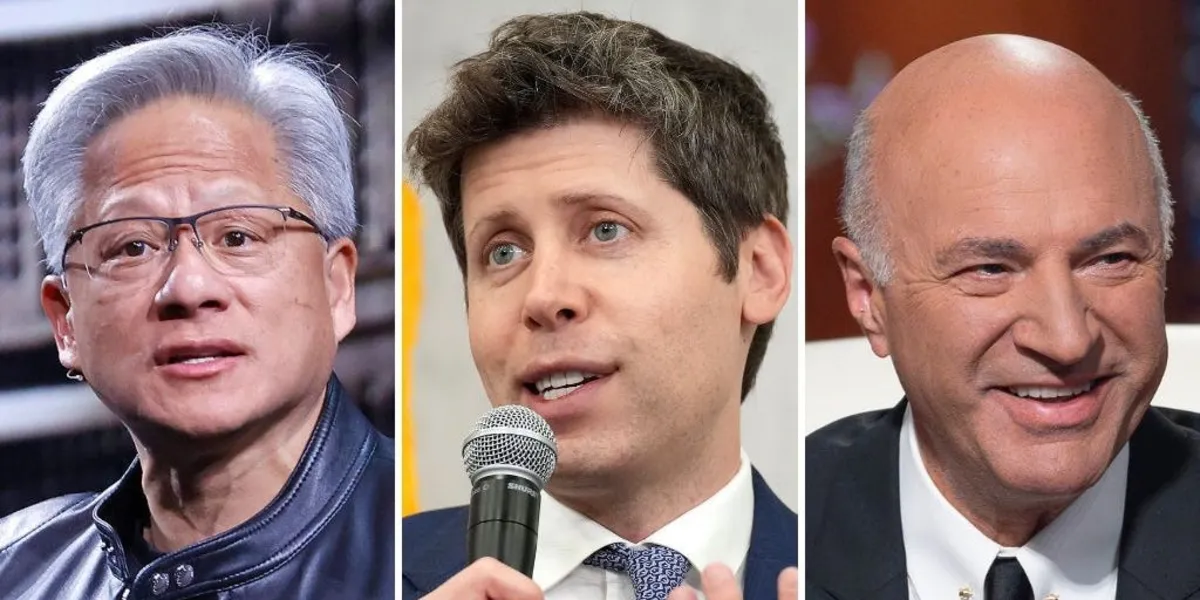
In a recent interview with CNBC, Nvidia CEO Jensen Huang expressed a positive outlook regarding President Trump's proposal to implement a $100,000 fee for H-1B visas. Huang emphasized the significance of attracting the brightest minds to the United States, stating that immigration forms the very foundation of the American dream. During this joint interview with OpenAI CEO Sam Altman, Huang reiterated that both Nvidia and OpenAI represent this dream and the potential it holds for innovation and growth.
Huang articulated the critical role that immigration plays in shaping the future of the nation and the tech industry. He stated, "Immigration is really important to our company and is really important to our nation's future." His remarks highlight the necessity of fostering a welcoming environment for talented individuals from around the globe. Huang's comments were made in conjunction with the announcement of Nvidia's staggering $100 billion investment in OpenAI, further underscoring the company's commitment to innovation.
Sam Altman, the CEO of OpenAI, backed Huang's sentiments, asserting that the Trump administration's introduction of a $100,000 fee for the H-1B visa program is a step in the right direction. Altman explained, "We need to get the smartest people in the country," suggesting that streamlining the visa process and aligning financial incentives could enhance the recruitment of top talent.
Reed Hastings, co-founder and chairman of Netflix, also endorsed the $100,000 H-1B visa fee, describing it as a viable solution compared to the current lottery system. In a post on X, Hastings shared his extensive experience in H-1B politics, stating that this change would ensure that H-1B visas are utilized for only the most valuable jobs, eliminating the need for a lottery and providing more certainty for employers.
Conversely, Shark Tank star Kevin O'Leary voiced his concerns regarding the potential negative impact of the $100,000 fee on American businesses. He argued that such a financial barrier could limit companies' access to essential talent. O'Leary noted that major tech firms like Apple, Oracle, and Google began in humble settings and benefited from talent that was not available domestically. "What this does is hurt innovation long-term," he cautioned, suggesting that the new fee may drive talented individuals to seek opportunities in other countries.
O'Leary further proposed that rather than imposing a hefty fee, the US government should incentivize foreign graduates to remain in the country. "Why train them and kick them out?" he asked, advocating for a policy where the government could potentially offer financial incentives for international talent to contribute to the US economy.
As the debate surrounding the H-1B visa program continues, the perspectives of industry leaders like Jensen Huang, Sam Altman, Reed Hastings, and Kevin O'Leary underscore the complexity of immigration policies and their far-reaching implications for the future of American innovation and economic growth.